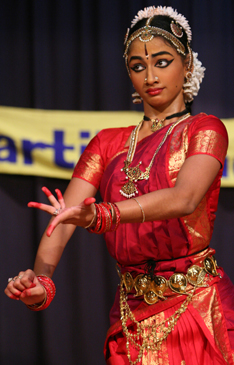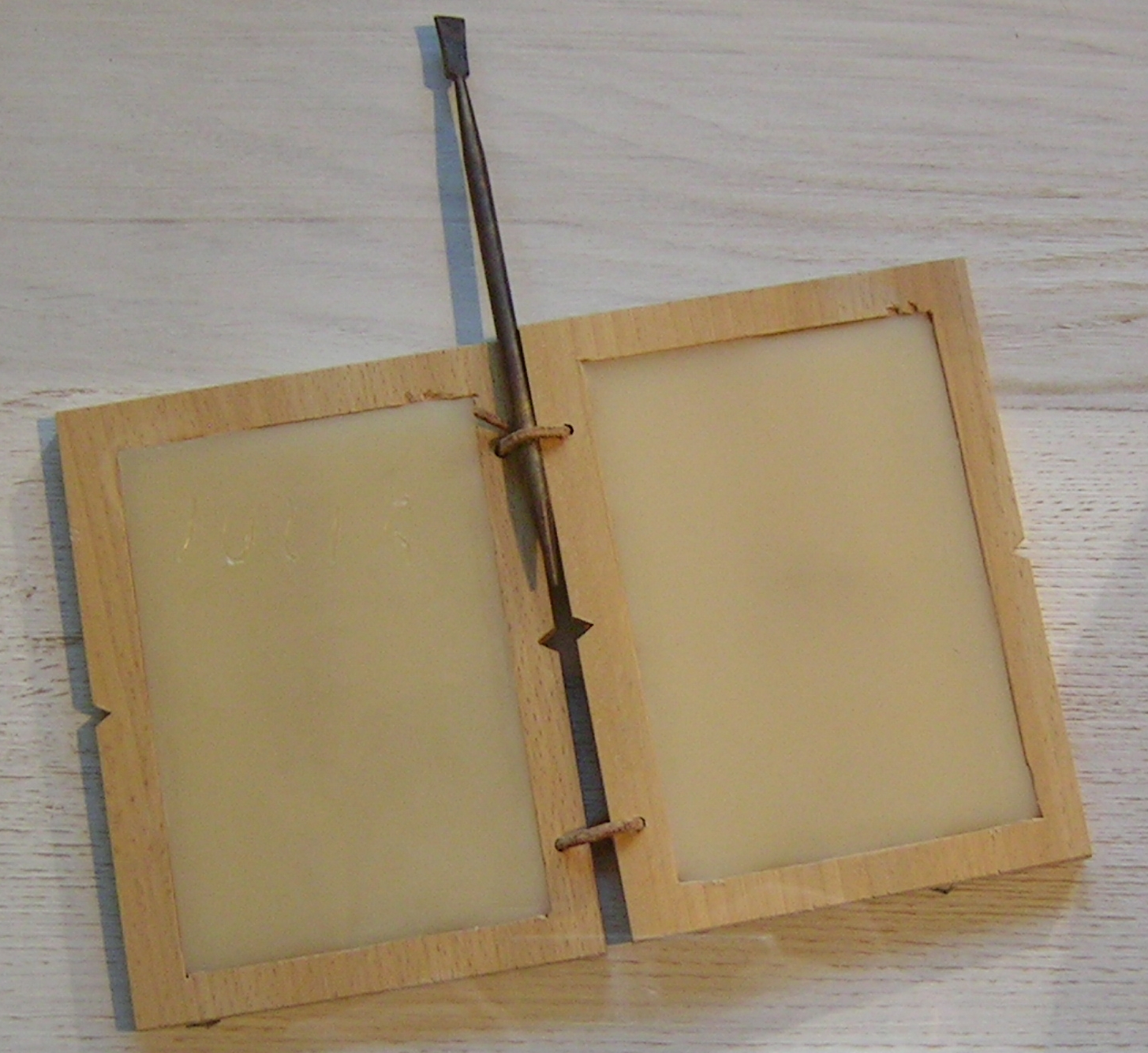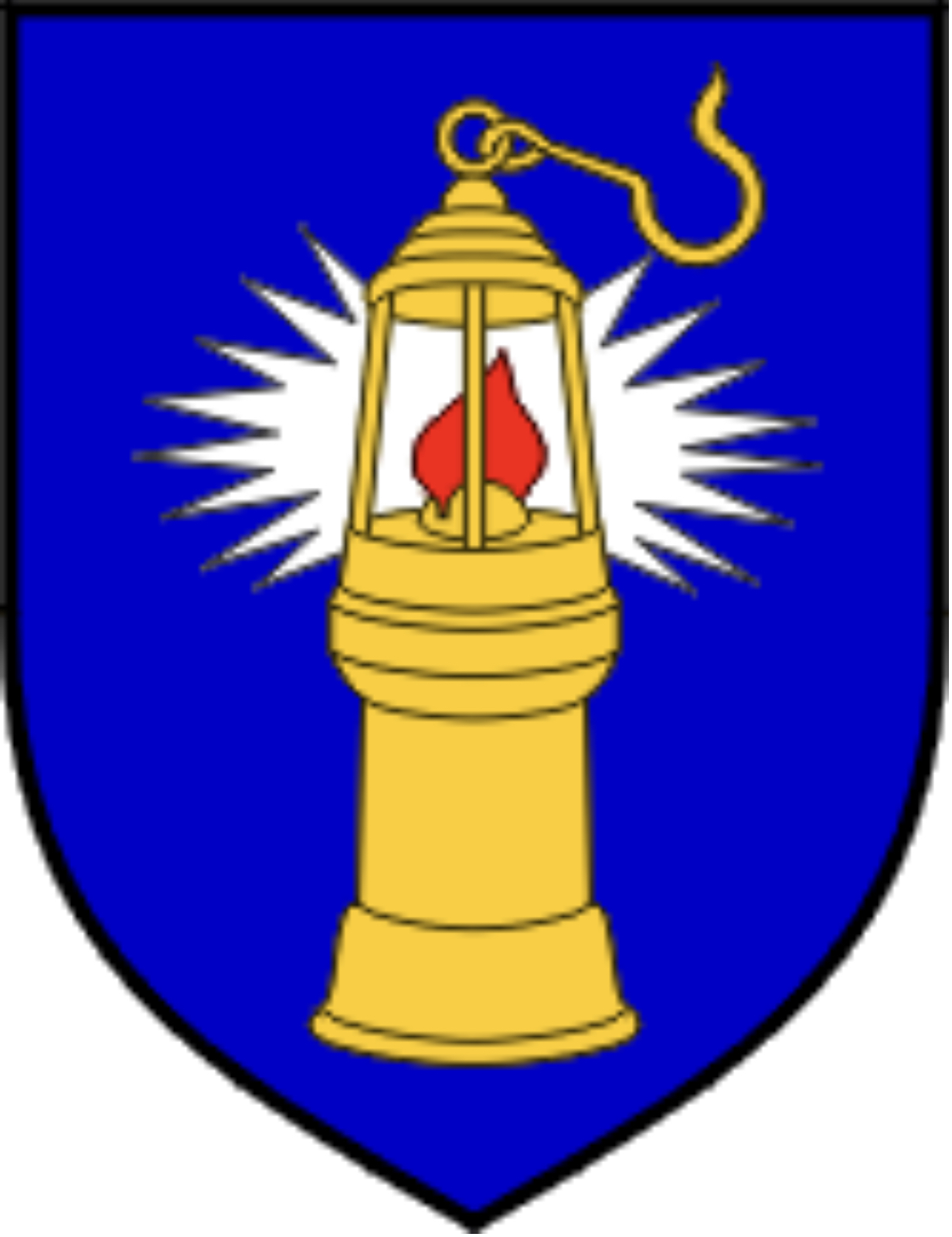|
Rasa
Rasa may refer to: Indian culture * Rasa (aesthetics), a concept in the Indian performing arts * Rasa (theology), a concept of nectar or emotional rapture related to Krishna devotion * Rasā, a mythical river mentioned in the Rigveda * Rasa lila, a dance performed by the Hindu god Krishna with his consort Radha and other milkmaids * Rasa (literary form), an early literary form of Gujarati literature and Apabhramsa * Rasa, the nutritive fluid that flows in the body and nourishes all other tissues according to Ayurveda People * Rasa Budbergytė (born 1960), a politician of the Social Democratic Party of Lithuania * Rasa Drazdauskaitė (born 1981), a Lithuanian long-distance runner * Rasa Juknevičienė (born 1958), a Lithuanian politician * Rasa Kaušiūtė (born 1977), Lithuanian singer and composer * Rasa Mažeikytė (born 1976), a Lithuanian cyclist * Rasa Polikevičiūtė (born 1970), a Lithuanian cycle racer Places * Rasa Island, in Palawan, Philippines * Rasa Island, ... [...More Info...] [...Related Items...] OR: [Wikipedia] [Google] [Baidu] |
Rasa (aesthetics)
In Indian aesthetics, a rasa ( sa, रस) literally means "nectar, essence or taste".Monier Monier-Williams (1899)Rasa Sanskrit English Dictionary with Etymology, Motilal Banarsidass (Originally Published: Oxford) It connotes a concept in Indian arts about the aesthetic flavour of any visual, literary or musical work that evokes an emotion or feeling in the reader or audience but cannot be described.Rasa: Indian Aesthetic Theory Encyclopedia Britannica (2013) It refers to the emotional flavors/essence crafted into the work by the writer and relished by a 'sensitive spectator' or ''sahṛdaya,'' literally one who "has heart", and can connect to the work with emotion, without dryness. Rasas are created by ''bhavas'': the state of mind. The ''rasa'' theory has a dedicated section (Chapter 6) in the |
Tabula Rasa
''Tabula rasa'' (; "blank slate") is the theory that individuals are born without built-in mental content, and therefore all knowledge comes from experience or perception. Epistemological proponents of ''tabula rasa'' disagree with the doctrine of innatism, which holds that the mind is born already in possession of certain knowledge. Proponents of the ''tabula rasa'' theory also favour the "nurture" side of the nature versus nurture debate when it comes to aspects of one's personality, social and emotional behaviour, knowledge, and sapience. Etymology ''Tabula rasa'' is a Latin phrase often translated as ''clean slate'' in English and originates from the Roman '' tabula'', a wax-covered tablet used for notes, which was blanked ('' rasa'') by heating the wax and then smoothing it. This roughly equates to the English term "blank slate" (or, more literally, "erased slate") which refers to the emptiness of a slate prior to it being written on with chalk. Both may be renewed ... [...More Info...] [...Related Items...] OR: [Wikipedia] [Google] [Baidu] |
Rasa Lila
The rasalila (), also rendered the raslila or the ras dance, is part of the traditional story of Krishna described in Hindu scriptures such as the Bhagavata Purana and literature such as the Gita Govinda, where he dances with Radha and the gopis of Vraja. Rasalila has also been a popular theme for other India classical dances including Bharatanatyam, Odissi, Manipuri, Kuchipudi, and Kathak. The Indian classical dance of Kathak evolved from the rasalila of Vraja and ''Manipuri Raas Leela Classical Dance'' (Vrindavana) also known as ''Natwari Nritya'', which was revived in 1960s by the Kathak dancer, Uma Sharma. Etymology The term, '' rasa'' meaning "aesthetics" and '' lila'' meaning "act," "play" or "dance" is a concept from Hinduism, which roughly translates to "play (lila) of aesthetics (rasa)," or more broadly as "Dance of Divine Love". Apart from the definition above, the term also comes from the Sanskrit words '' rasa'' and '' lila'', with ''rasa'' meaning "juice", "n ... [...More Info...] [...Related Items...] OR: [Wikipedia] [Google] [Baidu] |
Rasa (theology)
Rasa ( IAST ) refers to the creation and reception of a distinct 'flavor' or quality of something. As a Sanskrit theological concept, rasa was popularized by specific to Krishna-centered bhakti traditions, such as Gaudiya Vaishnavism from the fifteenth century. The theological use of the word can be found early, about two thousand years before the Nimbarka or Chaitanya schools of bhakti, in a phrase that Chaitanya traditions frequently quote: "Truly, the Lord is ''rasa''" (''raso vai sah'') of the Taittiriya Upanishad (2.7.1). This statement expresses the view that God is the one who enjoys the ultimate rasa, or spiritual rapture and emotions. It is believed Rupa Goswami developed, under the direct guidance of Caitanya, the articulated and formulated theology of rasa as "the soul's particular relationship with the divinity in devotional love". Rupa's text draws largely from the foundational theory of rasa formed by Bharata Muni, the originator of Sanskrit dramaturgy, or ''Natya ... [...More Info...] [...Related Items...] OR: [Wikipedia] [Google] [Baidu] |
Ayurveda
Ayurveda () is an alternative medicine system with historical roots in the Indian subcontinent. The theory and practice of Ayurveda is pseudoscientific. Ayurveda is heavily practiced in India and Nepal, where around 80% of the population report using it. Ayurveda therapies have varied and evolved over more than two millennia. Therapies include herbal medicines, special diets, meditation, yoga, massage, laxatives, enemas, and medical oils. Ayurvedic preparations are typically based on complex herbal compounds, minerals, and metal substances (perhaps under the influence of early Indian alchemy or '' rasashastra''). Ancient Ayurveda texts also taught surgical techniques, including rhinoplasty, kidney stone extractions, sutures, and the extraction of foreign objects. The main classical Ayurveda texts begin with accounts of the transmission of medical knowledge from the gods to sages, and then to human physicians. Printed editions of the '' Sushruta Samhita'' (''Sushruta's C ... [...More Info...] [...Related Items...] OR: [Wikipedia] [Google] [Baidu] |
Raša (river)
The Raša ( la, Arsia, Italian: ) in Croatian Istria is a major river of Croatia's Istria County. It is long, and its basin covers an area of . Its mouth is in the long ria of Raški zaljev/Porto d'Arsia, which is a drowned river valley scoured out when world sea levels were lowered, then drowned by the rising waters of the post glacial era. The Raša rises in springs near Pićan and flows south through a steep-sided valley before opening into the head of the Adriatic Sea. The river, although short in length, has an ancient history as a border. Border river By Roman times, the Arsia, as it was called in Latin, constituted the border between the Histri, who lived west of its banks, and the Liburni on the coast to the east, with the Iapydes in the upcountry valley behind them. After the Romans conquered the fierce and piratical Histri in 177 BC, the Arsia formed the ''limes'' of Roman territory in coastal Istria for a generation, until the gap between the Arsia and the northern ... [...More Info...] [...Related Items...] OR: [Wikipedia] [Google] [Baidu] |
Rasa Kaušiūtė
Rasa Kaušiūtė (born 29 March 1977) is a Lithuanian singer, composer, and vocal teacher (works at Lithuanian Youth Center and prepares children for various song contests). In 2000 she released her first album "Apie ką tu galvoji" ("What are you thinking of") with an experimental dance band "Enter-TOP". Rasa became famous in 2004, when she successfully appeared in the national selection to the Eurovision Song Contest 2004 with her song ''He forgot that I'm his baby''. Rasa Kaušiūtė participated in many Lithuanian TV shows. She performed in LTV show called "Lietuvos Dainų Dešimtukas" ("Lithuanian TOP 10") (in 2006 she won the 2nd place in the final performing a song "Mano Meile" ("My Love") together with Robertas Kupstas). She also participated in the show "Iššūkis žvaigždėms" ("A challenge for the stars") several times. In 2006 Rasa appeared in a popular TV show "Klasė" ("Class") on LTV. She participated in various international song contests – "Astana" in 20 ... [...More Info...] [...Related Items...] OR: [Wikipedia] [Google] [Baidu] |
Raša, Istria County
Raša ( it, Arsia, Chakavian: ''Aršija'') is a municipality in the inner part of the Raška Inlet in the south-eastern part of Istria, Croatia. Raša lies southwest of Labin at an elevation of . Situated in the valley of the Krapanski Potok (a tributary of the river Raša), near the former village of Krapan in 1785. Raša was built as a "new town" during 1936-1937 as part of Mussolini Benito Amilcare Andrea Mussolini (; 29 July 188328 April 1945) was an Italian politician and journalist who founded and led the National Fascist Party. He was Prime Minister of Italy from the March on Rome in 1922 until his deposition in 194 ...'s urban colonization of Istria. Planned and designed according to the rationalist principles by architect, Gustavo Pulitzer-Finali from Trieste, Italy, the mining town is organized along a linear axis connecting the Upper and Lower Raša. Lower Raša consists of houses for ordinary miners set along two parallel streets while Upper Raša is or ... [...More Info...] [...Related Items...] OR: [Wikipedia] [Google] [Baidu] |
Rasā
Rasa (' ) is the name of a western tributary of the Indus in the Rigveda (verse 5.53.9). The word rasa means "moisture, humidity" in Vedic Sanskrit. In RV 9.41.6, RV 10.108 and in the Nirukta of Yaska, it is the name of a mythical stream supposed to flow round the earth and the atmosphere (compare Oceanus), also referring to the underworld in the Mahabharata and the Puranas (compare Styx). The corresponding term in Avestan is ''Ranha/Raŋhā''. In the Vendidad The Vendidad /ˈvendi'dæd/ or Videvdat or Videvdad is a collection of texts within the greater compendium of the Avesta. However, unlike the other texts of the Avesta, the ''Vendidad'' is an ecclesiastical code, not a liturgical manual. Name ..., Ranha is mentioned just after , and may possibly refer to the ocean. Witzemakes the casethat the verse is a remembrance of distant emigration and denotes the river volga in the steppe homeland of the aryans :- "IIr. river *Raså corresponds in name to the Vedic Raså ( ... [...More Info...] [...Related Items...] OR: [Wikipedia] [Google] [Baidu] |
Rasa Mažeikytė
Rasa Mažeikytė (born 31 March 1976) is a Lithuanian cyclist. She competed at the 1996 Summer Olympics and the 2000 Summer Olympics The 2000 Summer Olympics, officially the Games of the XXVII Olympiad and also known as Sydney 2000 (Dharug: ''Gadigal 2000''), the Millennium Olympic Games or the Games of the New Millennium, was an international multi-sport event held from 1 .... References External links * 1976 births Living people Lithuanian female cyclists Olympic cyclists of Lithuania Cyclists at the 1996 Summer Olympics Cyclists at the 2000 Summer Olympics Sportspeople from Klaipėda {{Lithuania-cycling-bio-stub ... [...More Info...] [...Related Items...] OR: [Wikipedia] [Google] [Baidu] |
Rasa (literary Form)
''Rasa'' ( gu, રાસ) or ''Raso'' is a certain didactic literary form in Apabhramsa. It is a genre of poetry in Old Gujarati language popular during early period of Gujarati literature. Sometimes the term is used interchangeably with '' Prabandha'' of medieval literature. History ''Rasa'' developed during the period of Gurjar Apbhramsa. It is a period between Hemachandra and Narsinh Mehta. They are mostly written by Jain monks and were performed in Jain temples on certain occasions. Early examples are ''Updeshrasayan Rasa'' (1143) by Jinadattasuri, ''Bharateshwar-Bahubali Raso'' (1184) by Shilabhadrasuri, ''Jeevdaya Raso'' (1200) by Asigu. ''Sandesa Rasak'' (15th century) by Abdul Rahman is one example of non-Jain composition. The literary tradition till 19th century. ''Gajsinh-Raja-no-Rasa'' (1851) is one late example. Form During its earliest form, it was a musical ''Roopaka'' (theatrical performance). Vagbhatta describes ''Rasaka'' as a soft and vigorous musical ''Roopaka ... [...More Info...] [...Related Items...] OR: [Wikipedia] [Google] [Baidu] |
Rasa, Malaysia
Rasa is a mukim and town in Hulu Selangor District, Selangor, Malaysia Malaysia ( ; ) is a country in Southeast Asia. The federation, federal constitutional monarchy consists of States and federal territories of Malaysia, thirteen states and three federal territories, separated by the South China Sea into two r .... The word ''rasa'' means "taste" in Malay. Since the 1900s Rasa has had a tin mining industry. Tan Boon Chia, a businessman in Selangor, was based in this town and his mansion, the Yuan Chin Hall along the main railway track, still survives. The town is known for its Hakka cuisine. Its the former seat of Hulu Selangor district administration. Hulu Selangor District Mukims of Selangor {{Selangor-geo-stub ... [...More Info...] [...Related Items...] OR: [Wikipedia] [Google] [Baidu] |





_03.jpg)